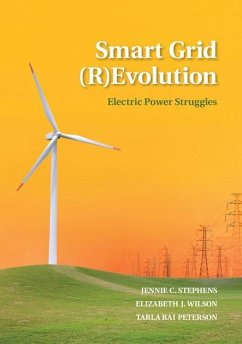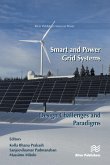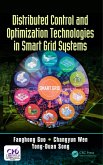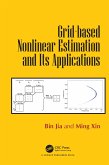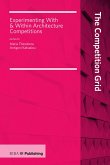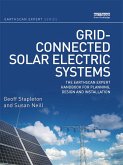The term 'smart grid' has become a catch-all phrase to represent the potential benefits of a revamped and more sophisticated electricity system that can fulfil several societal expectations related to enhanced energy efficiency and sustainability. Smart grid promises to enable improved energy management by utilities and by consumers, to provide the ability to integrate higher levels of variable renewable energy into the electric grid, to support the development of microgrids, and to engage citizens in energy management. However, it also comes with potential pitfalls, such as increased cybersecurity vulnerabilities and privacy risks. Although discussions about smart grid have been dominated by technical and economic dimensions, this book takes a sociotechnical systems perspective to explore critical questions shaping energy system transitions. It will be invaluable for advanced students, academic researchers, and energy professionals in a wide range of disciplines, including energy studies, energy policy, environmental science, sustainability science and environmental engineering.
Dieser Download kann aus rechtlichen Gründen nur mit Rechnungsadresse in A, B, BG, CY, CZ, D, DK, EW, E, FIN, F, GR, HR, H, IRL, I, LT, L, LR, M, NL, PL, P, R, S, SLO, SK ausgeliefert werden.

